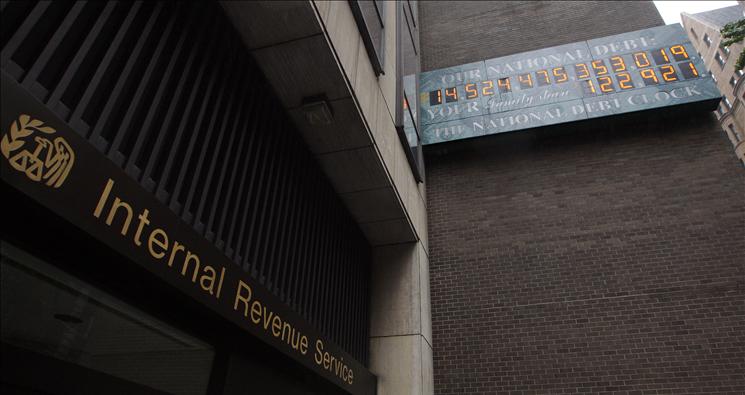Big Government Begets Big Waste
222 years after the ratification of the Bill of Rights, a manifestation of our Founders’ understanding that the best form of government is a limited government, the problems with our oversized federal government continue to our detriment.
This week, United States Senator Tom Coburn, M.D., from Oklahoma, issued his annual oversight report, Wastebook 2013, highlighting about $30 billion of the more than $200 billion the federal government wasted this past year.
In the report, he provides one hundred examples of wasteful and low-priority spending, including $1 million spent to build a bus stop (not a bus station) in Virginia; $3 million spent for a NASA study on how Congress works; $630,000 spent to increase the number of “likes” and “fans” of the State Department’s Facebook and Twitter accounts; $1.5 billion spent maintaining empty and little-used federal buildings; and $566,000 spent on a “futurist” to give advice to the postal service.
As my American Center for Law & Justice colleague, Erik Zimmerman, pointed out to me, $30 billion represents the entire annual income of 588,039 average American households. In other words, every fifty-four seconds of every hour of every day during the past year, the federal government wasted the equivalent of the median American household’s annual income, at an average rate of $3.42 million an hour, to reach the $30 billion figure.
Americans should be outraged by the wasteful spending of the federal government, but they should not be surprised. A government as large as ours is going to be wasteful; it just can’t help itself.
Americans may finally be getting that point. According to yesterday’s Gallup poll, “[s]eventy-two percent of Americans say big government is a greater threat to the U.S. in the future than is big business or big labor, a record high in the nearly 50-year history of this question.”
But, getting the point is one thing, doing something about it is another.
